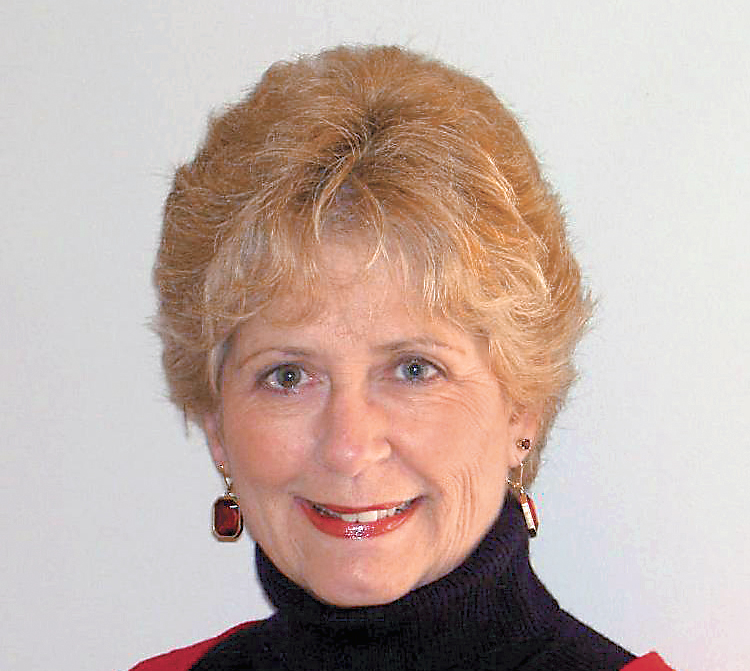My son has just set up housekeeping and needs to learn a quick lesson in how to check for billing errors. In the past, he's overpaid some bills so I think this lesson is important.
- Donald Dad
Dear Mr. Dad: You're right. Statistics show that the folks who prepare our bills sometimes overcharge so all us bill payers need to know exactly what to eyeball. Even though I've previously written about these charges within other contexts, I appreciate the opportunity to couch them in one print-out, thanks to Real Simple magazine.
1. Cellphone bills can contain unauthorized third-party charges. That's why it's very important not to use your cell to enter contests and certainly not to accidentally respond to a spam text. If you see an unfamiliar fee on your bill, ask your provider about the charge and then request removal. It's also a good idea to ask about permanently blocking all third-party charges.
2. Credit/debit card post unfamiliar charges, as well. I always urge readers to carefully go over receipts and statements at least monthly, though weekly is better, to be sure the charges are authorized. The card number could be stolen via a computer virus ("malware") or by "skimming," in which someone illegally copies the card information. Just remember a credit card protects you at whatever point you report the fraud, with a $50 fee, whereas you're only protected for 60 days with a debit card.
3. Medical bills sometimes show excessive fees or incorrect billing codes. Always check the EOB (Explanation of Benefits) when it arrives; if in doubt, contact the provider's billing department and request a detailed, itemized statement. If an amount seems a big slap in the face, check with www.fairhealthconsumer.org, a database that provides cost estimates for medical services. A big difference probably means you've been overcharged. Patients have the option of speaking to a supervisor all the way up to hiring a medical advocate who, for a hefty sum, will contest the charges (www.billadvocates.com). P.S. I hope you read last month's three-part installments about health care practices, problems and solutions.
4. Retailers can and do overcharge. Pay strict attention to the cashier's scanning of your items in case he or she mistakenly charges twice for the same product. Check your ticket before leaving the store to make sure an electronic error hasn't occurred, as advertised sale prices aren't always keyed into the scanner, plus it's harder to solve a scanner problem from home. Be polite when asking the cashier to check the disputed price. As a matter of fact, remember the old adage about catching more flies with honey when speaking with anyone about any of this week's issues.
Ellen Phillips is a retired English teacher who has written two consumer-oriented books. Her Consumer Watch column appears every Saturday. Email her at consumerwatch@timesfreepress.com.

